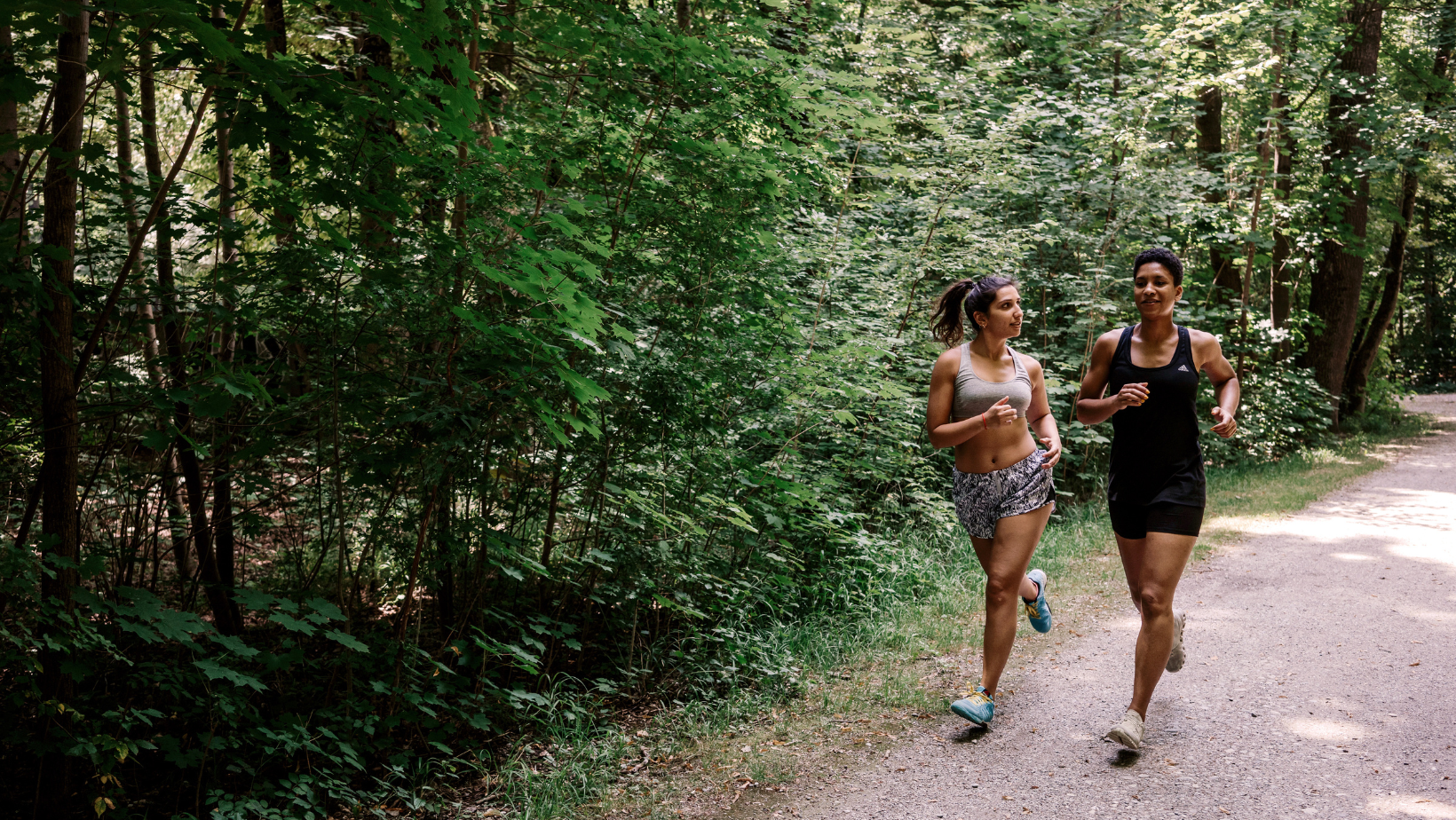
How Questioning Everything Can Transform Your Life
Get the Guide
A simple, encouraging guide to help parents confidently transition into homeschooling, build a customized learning rhythm, and create a thriving educational experience at home.
Homeschooling 101 Starter Guide
Family
FAVE LINKS
Topics
Hi, I’m Jennifer — transformation coach, homeschooling mentor, and guide for parents ready to create a life that truly fits. I help you break through fear, align with your values, and confidently design both your child’s education and your own bold, authentic life.

We question all our beliefs, except for the ones we really believe in, and those we never think to question.
-Orson Scott Card
Recently, I had a challenging time managing my schedule and staying productive. My husband hired new workers for his roofing company and much of the work they were doing was around our house.
They are getting ready for a big project, and as they finalize the insurance agreements, they’re making preparations. Because of distractions and loud noises, my client meetings have been scheduled for evenings and weekends.
I realized that I needed to make some changes. Before this, I thought it was impossible to change my routine.I played out all the reasons why this was true in my head. It needed to be this way because:
-
If I didn’t workout first thing in the morning, it may not happen.
-
Getting my son going at a certain time is absolutely necessary.
-
The biggest chunk of time I have to work with is while my son is at school.
-
I have the most energy early in the day and I need to use that wisely (and I was).
-
If I change my schedule, I won’t get enough sleep.
-
We have our family routines and I can’t mess with that.
I could have kept going with this list, but I think you understand what I am getting at.
Having made small alterations to my schedule several times, with no real movement forward, I was starting to get frustrated.
I blocked my work for the afternoon instead of the morning. I took a shower after I got my work done. I even started eating lunch at my desk. It felt like none of these changes were making any difference.
The biggest challenge was the distraction. The dog’s demand to go out or my husband stopping me to say goodbye could derail my progress for quite some time.
I just wanted to get back in FLOW. The research on flow is compelling and working in flow can increase your productivity 5x. No exaggeration, this is the state that I wanted to attain whenever possible.
What was getting in my way? Me.
I couldn’t see a chunk of time in my day to get into flow until it occurred to me that I could cut out my morning routine all together and replace that time with flow time.
This realization hit me HARD. I remember thinking, “why couldn’t I see this before?”
If I wake up at 5am, I can work uninterrupted until 8am. The activities that take less focus can be addressed later and I can work out after I drop off my son at school at 8:30am. Ta-da! Easy!
I mean, yes, a few other things have changed throughout my day as well, but it is manageable.
It all seems so clear now.
I have recently been thinking:
Where else have I completely missed out on seeing huge chuncks of usable information?
Where else am I omitting opportunity?
Where else have I blocked my own ability to question?
This really is the basis for this post.
What are you missing out on by eliminating potential growth because you haven’t been able to see it?
I realize, not every problem is as glaringly simple as the one I failed to see.
It really is a great big “duh” now, but it wasn’t at the time.
The Lost Art of Questioning
If you’ve ever spent time with a 4-year-old, you’re likely aware of their innate curiosity and their endless stream of questions.
Often, a patient but exhausted adult might redirect them to another activity, subtly signaling that their inquiries aren’t welcome.
As these children grow and enter school, they encounter a structured environment where questioning is bound by several rules:
-
The teacher is an all-knowing guide who should be seen as such. It’s rare to find a teacher who says, “I don’t know the answer, let’s discover it together.”
-
Questions must be asked at specific times, maybe the end of a lesson or not at all.
-
The curriculum is set by unseen authorities, not to be altered in any way.
In today’s environment, this control has endured.
We have, in the last few years, seen that those who have asked questions were ridiculed. They were shamed and called selfish, or worse yet, a terrorist.
The ability for people to speak out and question any issue is stiffled in such an environment.
It’s not good policy for anybody and so we need to start in our own lives to ask questions.
Ask and it shall be given to you;
Seek and ye shall find;
Knock and it shall be opened unto you.
For everyone that asketh, receiveth;
And he that seeketh, findeth;
And to him that knocketh
It shall be opened.
-Mathew 7:7-8
Asking is the Answer
Through life’s experiences, many of us have learned to curb our natural instinct to question everything starting with what we want in life.
We lost connection with our true self, at times, forgetting who we are and the purpose we are here to serve in the world.
There is a fine balance between being flexible enough to question yourself and the world and maintaining connection with your true self.
Here is how we navigate this balance:
Reflect on Where You Are Now
This is where you establish the deep roots to your true self. When I say that I am not talking about surface level questions like, “where do I want to live?” or “what are my goals?” These are the questions that dig into who you are at the deepest level, revealing your values, core beliefs, and emotional foundation.
-
In what areas of my life does it feel like I am constantly missing the mark?
-
Can I confront my current challenges with the belief that change is possible, or have I resigned myself to thinking, “This is just how things are” or “This is just who I am”?
-
Do I worry that solving one problem will only lead to another, leaving me always playing catch-up?
-
Am I truly living the life I dream of?
-
Do I ever feel like there’s something blocking the path to my ideal life? Do I often feel stuck, unable to make a difference in my own life (or areas of it)? How am I contributing?
-
Do I feel equipped and empowered to make changes if I choose to? How long have these feelings been part of my life?
-
What does my perfect life look like, feel like, and mean to me?
-
Am I truly happy with who I am or am I just comfortable with the status quo?
and biggest of all…
What do I believe that is contributing to the challenges in my life? And is it true?

These are challenging questions and you may wish to get support from a professional to address them. It is, however, necessary to get a firm grasp on where we are and address life from that space.
When we see the beliefs for what they are we can examine each belief by asking:
-
Evidence: What backs up my belief? Is it solid or open to interpretation?
-
Alternatives: Are there other perspectives I haven’t considered?
-
Consequences: What if I’m wrong? How does this belief shape my actions?
This can help us to uproot these beliefs and reconsider how to move forward.
Ask More Questions
There are three places we can get guidance:
-
Ask ourselves – we hold a lifetime of knowledge (subconsciously, of course) and we are more brilliant than we know
-
Ask others – looking for new perspectives and viewpoints can help us learn, grow, and understand in a greater way
-
Ask God- use your own language to name your creator, but use it as a resource for growth and guidance
As we reach into inquiry, always asking questions about all areas of life we may strive to stay humble and open to what comes through.
This is not to allow others to make decisions for us. By asking questions so that we can determine what is right for us (for now), we set in motion the person we most want to be.
By doing this, our life is taken into the hands of the person that can direct it best – you.
This approach isn’t about tearing down all your beliefs but making sure they’re as strong, adaptable, and informed as they can be.
It’s about shifting from certainty to curiosity and learning—a journey that’s both enlightening and enriching.
Much appreciation,
Jennifer
p.s. Get my FREE e-books HERE to take your life to the next level!
Michigan Life Coaching, Personal Growth, and PSYCH-K®️. Taking your life to the next level and creating the abundance you deserve.
Productivity
Homeschooling
authenticity
intuition
BeLIEF CHANGE
Browse the categories
JenniferBeard.com 2025. All Rights Reserved.
17195 Silver Lake Parkway #136 Fenton, MI 48430 | PRIVACY | TERMS
Hi, I’m Jennifer — transformation coach, homeschooling mentor, and guide for those who are ready to create a life that truly fits. I help you break through fear, align with your values, and confidently design both your child’s education and your own bold, authentic life.
HAPPINESS STARTS
WITH YOU!
Get this practical guide for living a life of joy now!
Start homeschooling confidently
Get the homeschool guide
Check out our private coaching



Comments Off on How Questioning Everything Can Transform Your Life